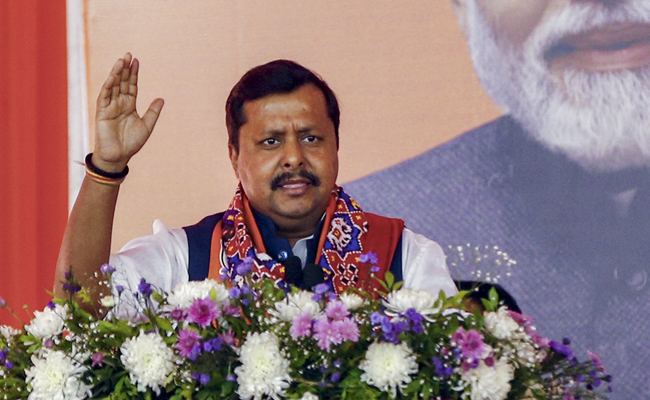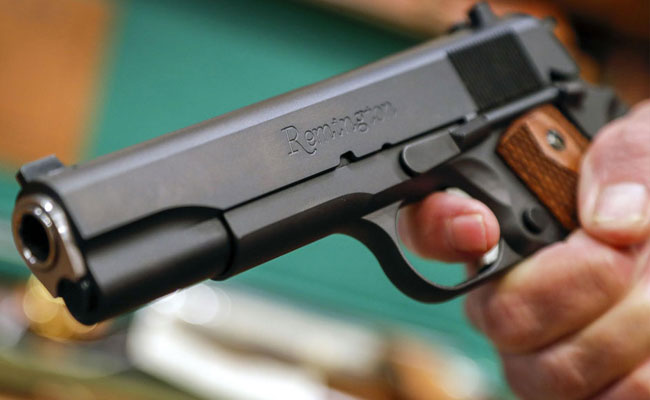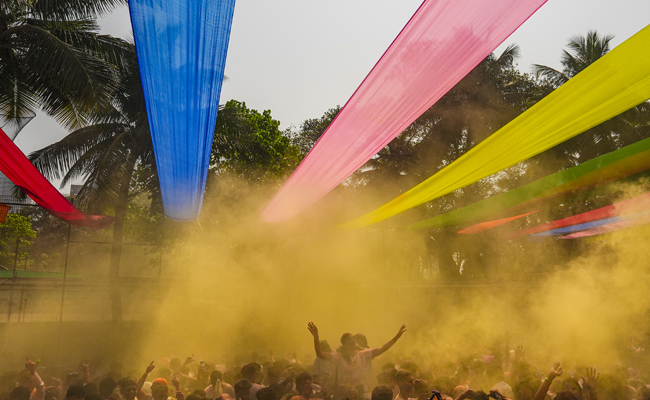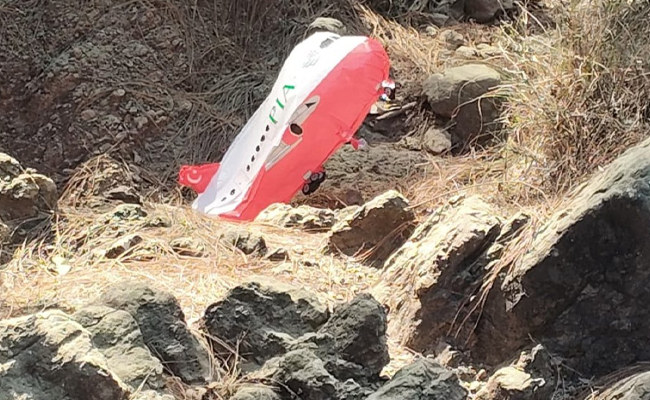Washington, July 7 : SpaceX founder Elon Musk on Saturday said a team he had sent for the Thailand cave rescue operations is working closely with experts from the country on an escape capsule design to bring the 12 schoolchildren and their football coach trapped in a partially flooded cave to safety.
"Some good feedback from cave experts in Thailand. Iterating with them on an escape pod design that might be safe enough to try," Musk tweeted on Saturday.
"Also building an inflatable tube with airlocks. Less likely to work, given tricky contours, but great if it does," he added.
The schoolchildren and their 25-year-old coach have been trapped in the Tham Luang cave in Thailand for almost two weeks now.
The boys went missing on June 23 after they had entered the cave in the Chiang Rai region during fine weather but became trapped when a sudden downpour flooded the narrow tunnels.
As the boys are getting more and more exhausted due to drop in oxygen levels, and heavy rains being forecast for this weekend, authorities in the country fear that time is running out to save them, Space.com reported on Friday.
So far, around 1,000 people have got involved in the rescue operations, including navy divers, military personnel and civilian volunteers, as reported by the BBC.
Alarmed by the urgency, Musk earlier announced on Twitter that engineers from his SpaceX and Boring Company, which digs tunnels for advanced transport systems, would head to Thailand on Saturday to help the government in the rescue operations.
"There are probably many complexities that are hard to appreciate without being there in person," he added.
Tragically, a former Thai Navy diver who joined the ongoing rescue operations died on Friday.
Saman Gunan, 38, lost consciousness on his way out of the Tham Luang cave complex after delivering supplies and could not be revived, reported the BBC.
Let the Truth be known. If you read VB and like VB, please be a VB Supporter and Help us deliver the Truth to one and all.
New Delhi (PTI): BJP national president Nitin Nabin was on Tuesday nominated as the party's candidate from Bihar for the upcoming Rajya Sabha polls.
The ruling Bharatiya Janata Party (BJP) has released a list of nine candidates for the Rajya Sabha polls, fielding its former West Bengal unit chief Rahul Sinha and Chhattisgarh unit vice-president Laxmi Verma from the respective states.
ALSO READ: Does PM Modi support head of state's assassination as way to define world order: Rahul
Assam PWD Minister Jogen Mohan and MLA Terash Gowalla will be the saffron party's candidates for the elections to the Upper House of Parliament from the state.
The BJP has also nominated its Odisha unit president, Manmoham Samal, and leader Sujit Kumar, an incumbent Rajya Sabha MP, as candidates from the state for the upcoming polls.
BJP leader Shivesh Kumar will join the fray from Bihar and Sanjay Bhatia, a former Lok Sabha MP of the party, will be its candidate from Haryana. Kumar is Bihar BJP's general secretary.
The names of the candidates have been approved by the party's central election committee, BJP national general secretary Arun Singh said.





